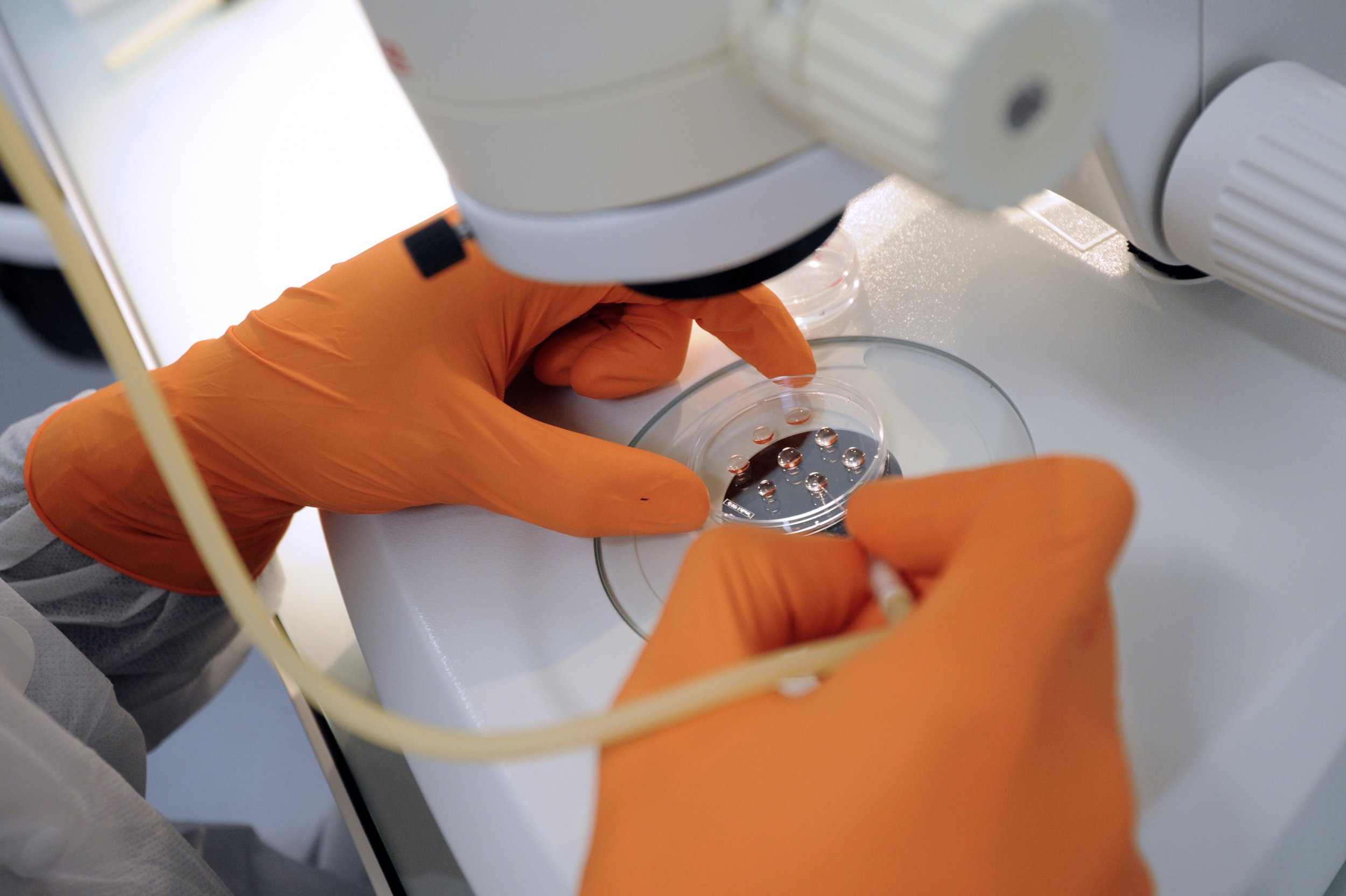
A potentially deadly, flesh-eating bacteria has made its way around Japan. As the national media outlet Asahi Shimbun reported, more than 500 people were infected with Streptococcal toxic shock syndrome in 2017, which is the highest number since the country began tracking the issue in 1999. The figures are reported by the Japanese National Institute of Infectious Diseases.
Related: Flesh-Eating Bacteria Claims Another Hurricane Harvey Survivor
Streptococcal toxic shock syndrome, or STSS, is caused by Group A Streptococcus bacteria, which is also responsible for common strep throat infections, the Centers for Disease Control and Prevention (CDC) explains. Although this bacteria (among others) can cause flesh-eating infections, STSS itself is not a flesh-eating condition. When bacteria causes a flesh-eating condition, it's called necrotizing fasciitis, a different diagnosis than the bacteria are causing in Japan.
Japanese medical professionals believe that the bacteria is entering people's bodies through open wounds, but in some mysterious cases doctors are unsure of how patients contracted the disease. Symptoms include rashes, but can also be more serious. The infection can also lead to organ problems. The CDC estimates that the case fatality rate could be higher than 50 percent.
In 2013, only 203 patients had STSS, and figures have been increasing every year. One theory to explain the rising rates is that people with STSS might be caused by other bacteria.
"It is conceivable that a growing number of patients with STSS are infected with bacteria other than group A streptococcus," Ken Kikuchi, a professor of infectious diseases at Tokyo Women's Medical University, told the Japanese newspaper.
And it's not just Japan that's seeing a spike in the flesh-eating bacteria. Late last month, Canadian publication CBC News reported that health officials in London, Ontario, were puzzled about an outbreak of infections caused by the group A streptococcal bacteria.
According to the media outlet, there have been 60 cases of the bacteria this year, the highest figure ever reported in the city for one year. About 11 percent of the cases led to death. CBC News reported that 40 percent of patients had severe conditions caused by the bacteria, including flesh-eating disease and toxic shock syndrome.
#USA man #dies after #FleshEating #bacterium #infects new #tattoo: https://t.co/uoWuUKisca #FleshEatingDisease #Health #Ink #Medicine #Tats
— Debnicolina (@Debnicolina) June 17, 2017
As Newsweek previously reported, flesh-eating diseases have popped up in America following Hurricanes Irma and Harvey. In September, a Texas man was hospitalized after contracting the infection from the flood water, and a 77-year-old woman died after falling in a house filled with flood water and becoming infected with flesh-eating bacteria.
Even if you aren't at risk of being in contact with dirty water, it's important to take precaution with cuts. The CDC advises avoiding hot tubs, swimming pools, or other bodies of water when you have any type of open wound. Make sure to wash your hands, and keep all wounds covered with a bandage.
Uncommon Knowledge
Newsweek is committed to challenging conventional wisdom and finding connections in the search for common ground.
Newsweek is committed to challenging conventional wisdom and finding connections in the search for common ground.
About the writer
Melissa is a science writer covering health for Newsweek and has contributed to Inc., Dr. Oz The Good Life, Men's Fitness, Marie Claire and others. She earned ... Read more
To read how Newsweek uses AI as a newsroom tool, Click here.








